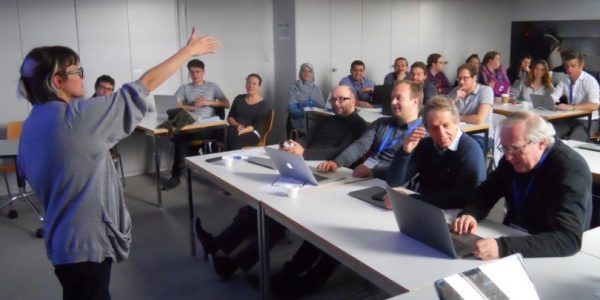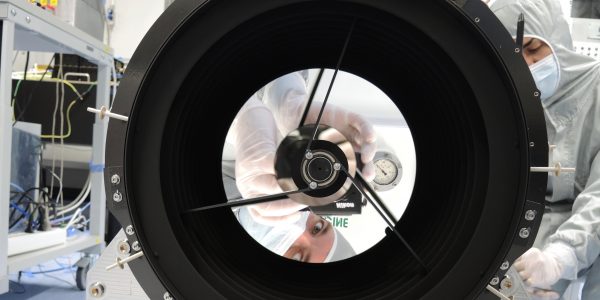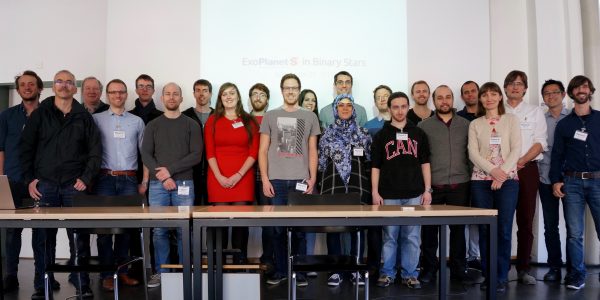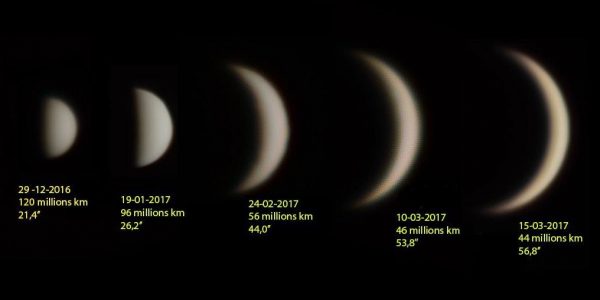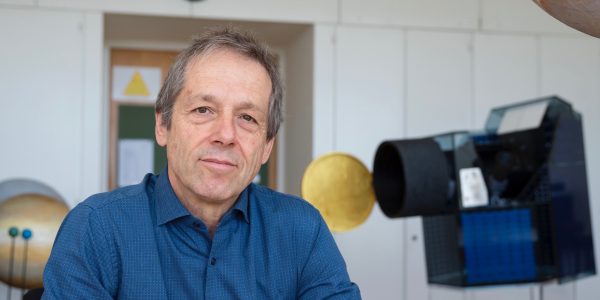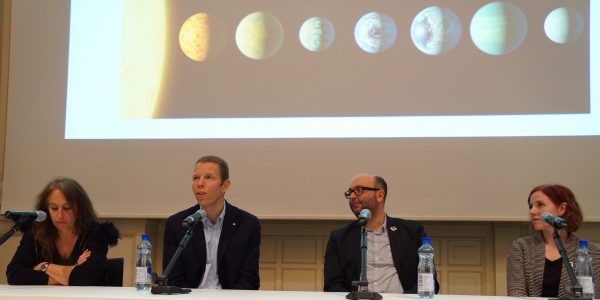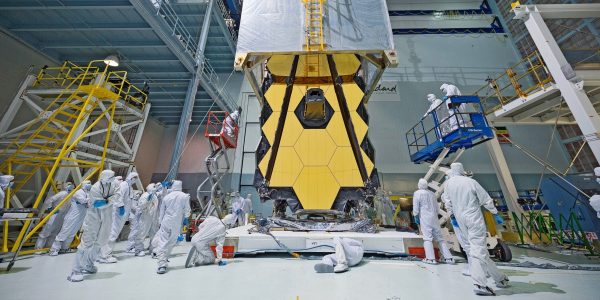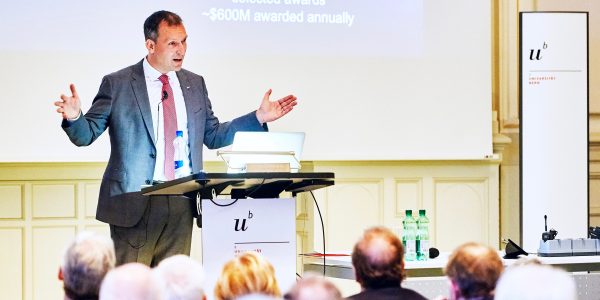Author Archive
Work-life balance in academia
The PlanetS Academic Platform carried out a survey with PlanetS professors and senior scientists to find out their point of view when it comes to ‘work-life balance in academia’ and what it means to them. By Nadine Afram The survey questions were based on work-life balance and time management articles and on feedback from a […]
Continue ReadingFemale birds sing, too
In the last edition of the InsiderS, I wrote about some surprising insights concerning the gender dimension in academic research (http://nccr-planets.ch/heartbreaking-disregard-female-perspective/). This is the last article in this series and deals with gender in research projects, as discussed during a gender conference (http://nccr-planets.ch/gender-bias-erc-grant-evaluation/) – it would be interesting to see how and where this could […]
Continue ReadingWorkshop on exoplanet densities
About 40 PlanetS members and associates met on 3 May 2017 to discuss topics related to exoplanet densities in a workshop at the University of Bern. «It was a day to get inspired,» summarizes Caroline Dorn who organised the event together with François Bouchy. How confident are we with the determined masses and radii from […]
Continue ReadingTelescope mirror safely delivered to Bern
At the end of April 2017, an eagerly-awaited cargo from Italy arrived at the University of Bern: the telescope flight model of CHEOPS. The incoming inspection carried out on 3 May 2017 showed that the entire hardware had arrived intact. «Finally, the flight hardware of the telescope has arrived here in Bern,» says CHEOPS project […]
Continue ReadingWorkshop on Planets in Binaries
A workshop on planets in binary stars was organized on Monday 27th of March 2017 in Berne. The organizers were composed of 4 members or associates of the NCCR PlanetS, Sebastian Daemgen (ETHZ), David Martin (UNIGE), Stéphane Udry (UNIGE) and Natacha Brügger (UNIBE). The main goal of the workshop was to reunite all the scientists […]
Continue ReadingThe phases of planets
On Saturday 25th of March 2017, Venus is at new phase and at the same time closest to the Earth, at 42 millions of kilometres (110 times the average Earth-Moon distance). This event is a good opportunity to talk about the phases of planets, including exoplanets, and to see what information they can teach us. In […]
Continue ReadingCuriosity driven research
Dear Reader, „Basic research is incredibly important” states Thomas Zurbuchen the new NASA Associate Administrator for the science Mission Directorate during his lecture at the University of Bern. Obviously, for us at PlanetS this was sweet music to our ears… Curiosity driven research (another expression for basic research) strives at understanding the world that surrounds […]
Continue ReadingDreams of another world
The discovery of seven earth-like planets around an ultracool star made headlines worldwide. How does the so called TRAPPIST-1 system look like? This question was answered by scientists and a science fiction writer during an event at the University of Bern organized by the Center for Space and Habitability (CSH) and the NCCR PlanetS. «Exoplanet […]
Continue ReadingA new era for planetology
Hubble’s successor, the James Webb Space Telescope (JWST) is complete. It still has to undergo a battery of tests before its launch end 2018. The capacities of this instrument in the field of planetology are such that several astronomers of PlanetS are already planning time demands. “We can break through the clouds and analyze the […]
Continue Reading«Basic research is incredibly important»
As NASA’s new science director, Thomas Zurbuchen announced the discovery of seven Earth-sized planets around the nearby star TRAPPIST-1 at a live-streamed press conference that was followed worldwide at the end of February. A month earlier, the Swiss born physicist had visited the University of Bern where he had studied and gained his PhD. «I […]
Continue Reading


